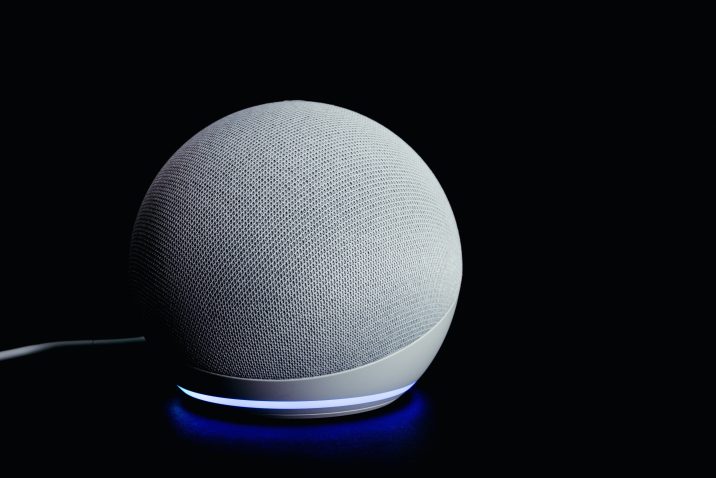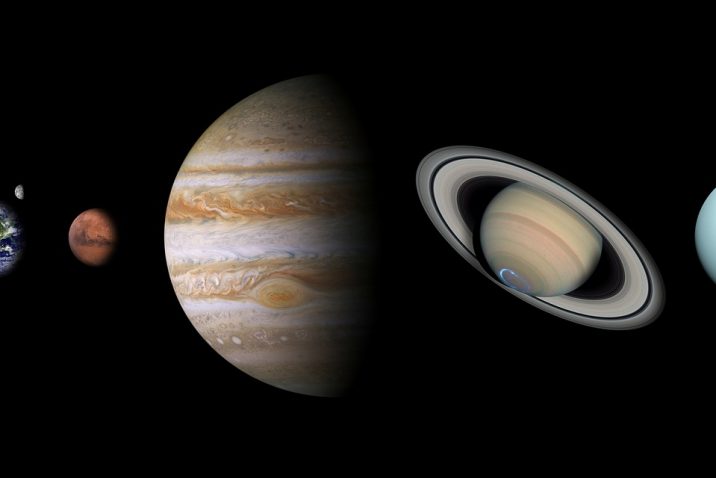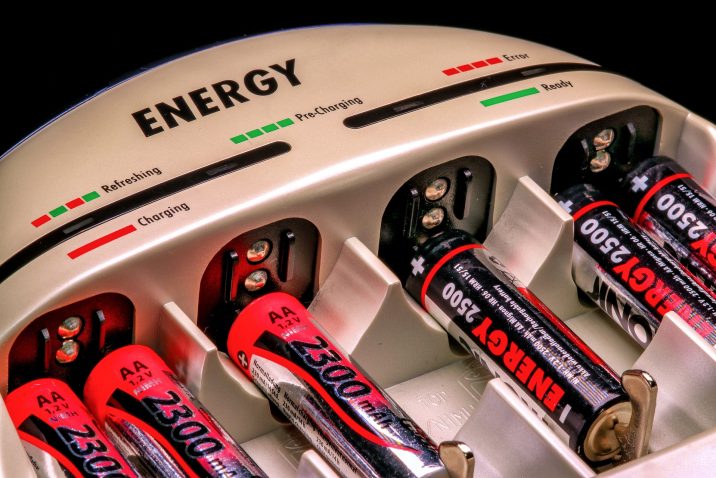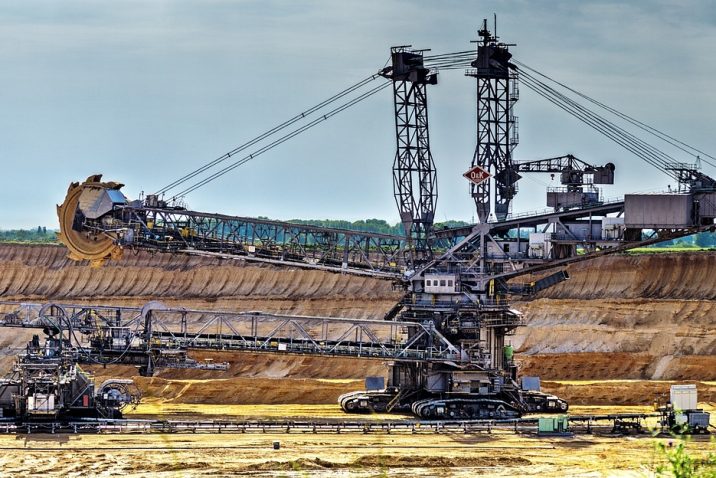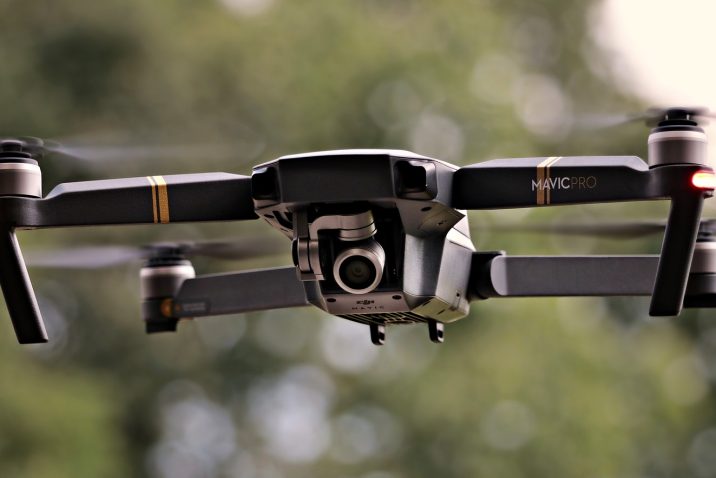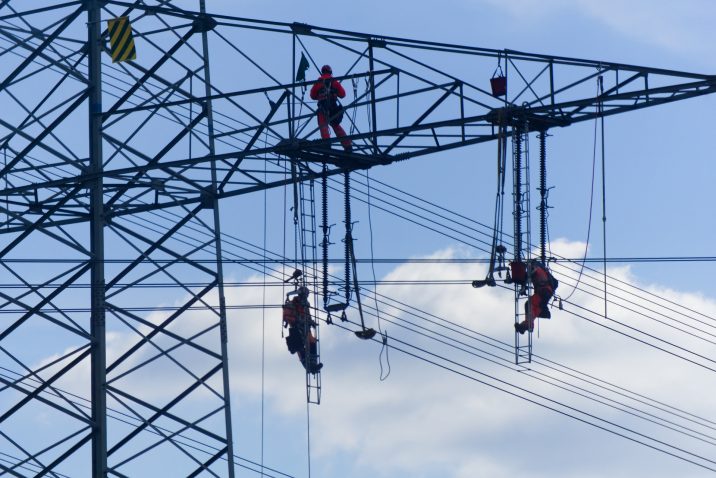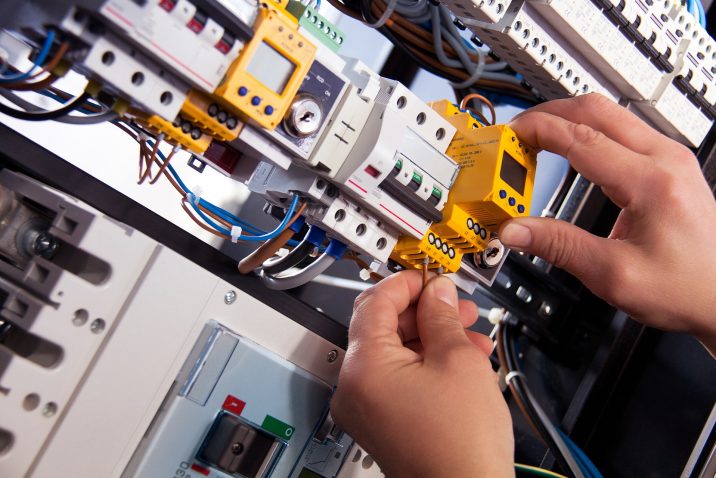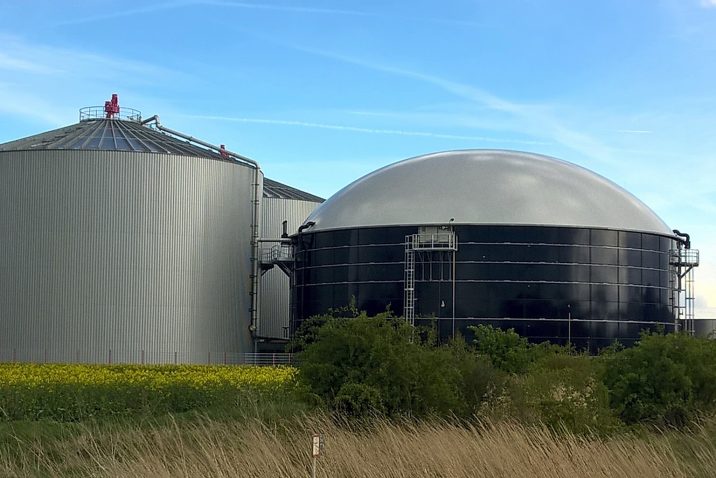Also called detectors, sensors measure certain conditions (e.g. temperatures) and forward them to the information center connected to it (e.g. smart home center). There, this information is processed and commands based on it (e.g. control of the...
Voice control is the transmission of commands to technical devices by voice. Examples include voice assistants such as Siri or Alexa, which can already be used with a wide range of devices. Voice control is playing an increasingly important role...
A system is understood to be an ordered totality of tangible or intangible objects that are interconnected and interact with each other. Systems have certain properties and characteristics. Depending on the area, the term is understood very...
Direct current (abbreviated DC), refers to an electrical charge flow in which the charge carriers flow exclusively in one direction. The so-called technical current direction is based on charge carriers flowing from the positive pole to the negative...
Fossil fuels include crude oil, natural gas, hard coal and lignite. These energy sources were formed many millions of years ago from dead plants and animals and today often lie deep beneath the earth’s surface. To obtain energy from them, the...
Remote control describes the possibility of targeted control or influence on devices machines or other equipment over a certain distance. The control signals can be transmitted mechanically, hydraulically, pneumatically, electrically or...
Electrification is generally referred to as the provision of infrastructure in the form of power grids to supply a region or country with electrical energy. As a key feature, large-scale electrification enables spatial separation between the energy...
Electrical Engineering is an engineering science that deals with research and development, as well as production, assembly and maintenance of electrical equipment and...
Energy efficiency generally describes the ratio of a certain benefit – for example, the provision of light or heat – to its energy input. The less energy used to manufacture or operate a product, the more energy-efficient and...
An energy community is an association of at least two, but usually several participants, in order to be able to both jointly produce and use energy in the form of electricity, heat and biogas. Members of this community can produce, store, sell, and...

